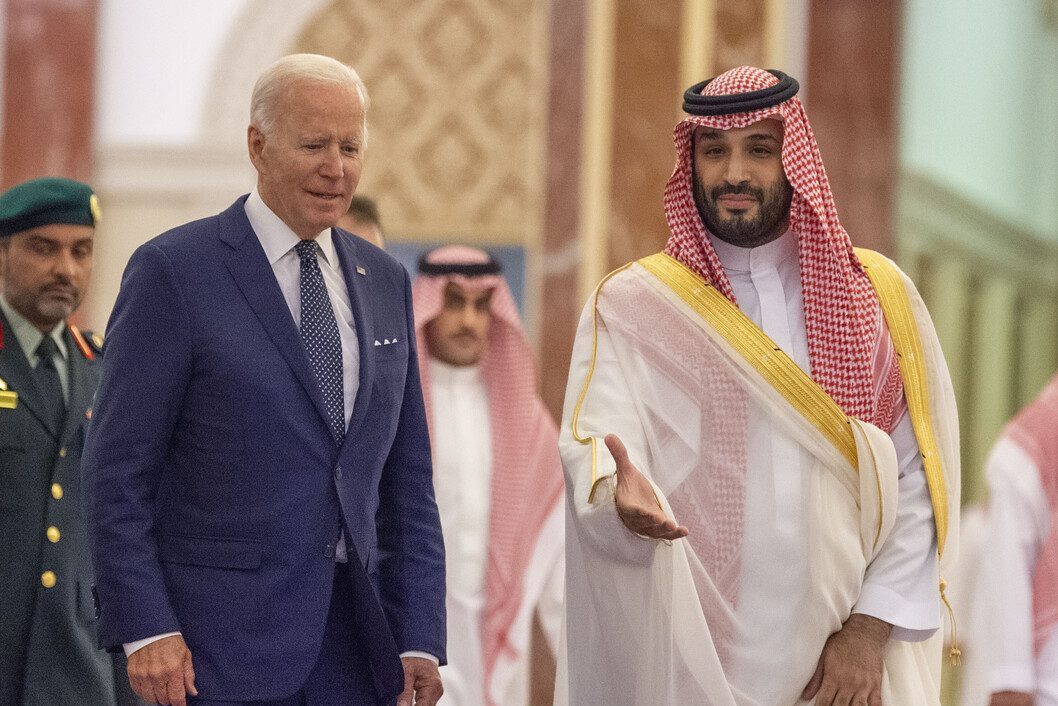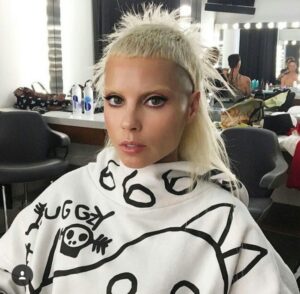
WHY SAUDI ARABIA REBUFFED BIDEN’S PLEAS FOR MORE OIL
The US has indicted Saudi Arabia of siding with Russia after it led OPEC in a shock decision to slash crude affair, keeping oil painting prices high at a time of global concern about affectation. The world’s largest oil painting exporter insists the decision was about economics, not politics.
The move marks a significant moment in the further than 70- time alliance between Saudi Arabia and the US. The affair cut came lower than three months after President Joe Biden traveled to Saudi Arabia seeking further product to help lower prices.Then are some of the possible reasons Saudi Arabia did it
oil painting vs Security
bolstering relations between the Middle Eastern monarchy and the Western superpower has been an understanding that the US provides the area with military protection in exchange for a dependable force of oil painting.
But indeed before Biden traveled to Jeddah in July, Saudi officers were saying the nature of the cooperation between Washington and Riyadh had unnaturally changed. The alliance, they said, had come unstable.
US attempts to revive a nuclear deal with Riyadh’s indigenous foe Iran, Saudi Arabia’s participation in Yemen’s war, and what Gulf states perceived as a lack of protection from Washington against attacks from Iranian- backed delegates, have all contributed to pressures and a growing divergence in views.
intimately, officers in the Gulf have long complained about US attempts to bully them into certain policy positions. US officers have been late to fete that intimidation is not working, and that Washington needs to live with a new order grounded on collective interests, according to a person familiar with reflections inside OPEC, who asked not to be named agitating sensitive politic motifs.
Saudi leverage
Prince Mohammed, 37, is on a charge to present Saudi Arabia as a major player, using the billions it earns from oil painting now to prepare it to be a 21st- century power. Four times after the murder of judge Jamal Khashoggi led to the Napoleon’ssemi-banishment from the company of his transnational peers, there are signs that his confidence and ambition are undiminished.
Last month, Saudi Arabia took the unusual step of publicizing that the Napoleon had helped broker a internee exchange between Russia and Ukraine, presenting the leader- in- waiting as an transnational middleman.
At home, he is also taken on the fresh part of high minister from his father, the king, formally making him head of government. It’s a move his attorneys have argued should also shield him from US legal cases related to Khashoggi.
Other leaders have returned to embrace him, as energy straits boosted following Russia’s irruption of Ukraine. Away from Biden, the crown Napoleon has hosted the leaders of France, the UK and Germany in the area this time. He is been cautiously mending ties with Turkish President Recep Tayyip Erdogan, who is seeking investment from an frugality that is on track to be one of the fastest growing in the Group of 20.
The desert area this week indeed won a shot to host the 2029 Asian Downtime Games in Trojena, part of a municipality that hasn’t been erected yet.
Economics
Saudi Arabia’s Energy Minister Abdulaziz bin Salman said the OPEC decision was driven by request fundamentals and that the group demanded to be visionary during a period of extreme request volatility. The call to cut product was grounded on suggestions that a global recession is coming, the association’s clerk general, Haitham Al Ghais, told Saudi- grounded Al Arabiya television in an interview.
Saudi Arabia’s primary budget statement holds some suggestions to the area’s outlook. Grounded on those numbers, officers look to be budgeting for Brent oil painting at around$ 76 a barrel coming time, economists at Saudi investment bank Al Rajhi Capital said last month.
That is about 20 below the price of oil painting this week, and far more bearish than anticipated by utmost judges. Taking that into account, Saudi systems that its budget for the time will slightly scrounge out a fat of 9 billion riyals($2.4 billion), lower than estimated preliminarily.
Faced with a choice between supporting the global frugality at the decree of the US, and risking their own, the Saudis chose themselves. And other Gulf countries did too.
Balancing Powers
Gulf officers argue that they need to balance their ties with both the US and Russia, which plays an important part not only in energy requests, but also in indigenous conflicts from Syria to Libya. Crucially, Russia is also involved in accommodations with Iran and, unlike the US, it does not condemn Saudi Arabia on mortal rights.
Saudi Arabia and its indigenous abettors have not joined warrants against Moscow for the irruption of Ukraine, and intimately, officers say that segregating it fully could boomerang. They are also suspicious of US attempts to discipline Russia with tools similar as price caps on its energy exports, moves that effectively shift pricing power to energy buyers from the merchandisers.
US officers, meanwhile, are trying to balance their sweats to discipline Russia against the inflationary foreshocks of doing so. And they are balancing their immediate desire for further oil painting from OPEC against growing resentment of an uncooperative combination that does not partake US interests.
In the wake of the rearmost product cut, a statement from the White House called for” fresh tools to reduce OPEC’s control over energy prices.” The decision was also a memorial of why the US needs to urgently reduce its reliance on foreign sources of fossil energies, it said.



Average Rating